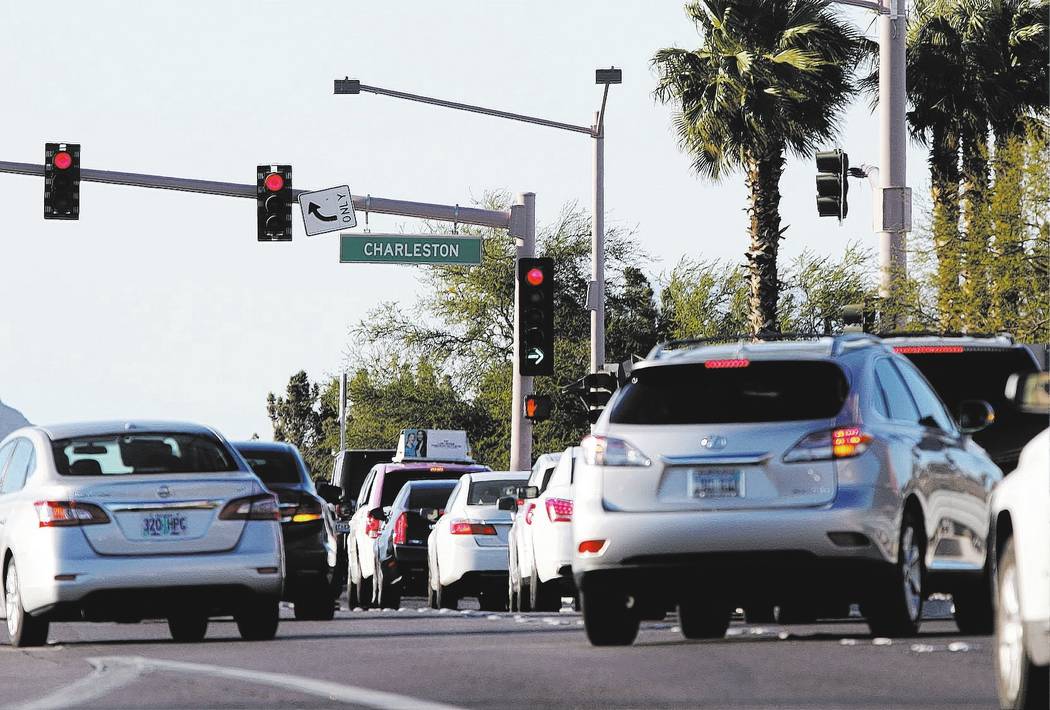EDITORIAL: Buckling up
It’s against Nevada law to drive without wearing a seat belt. Buckling up is a smart thing to do, and more than 85 percent of Silver State motorists take this common-sense step when they get behind the wheel. It saves lives.
But Nanny Staters remain insistent that Nevada’s “secondary” law isn’t tough enough. For years, they have lobbied lawmakers to make seat belt violations a “primary” offense.
Under current state law, police officers may ticket drivers for failing to wear a seat belt only if they initiate the traffic stop for some other violation. In the 34 states with primary seat belt laws, the police may pull over drivers solely for failing to secure themselves with a lap belt or harness.
To this point, Nevada lawmakers have opted against changing the law, which has been in place since 1989. A bill at the 2016 session to allow tougher enforcement measures went nowhere.
Aside from compelling arguments about personal freedom, critics of the bill invoked the specter of racial profiling. And now a court case stemming from an incident out of Orlando highlights such concerns are not merely hypothetical.
Last week, the 11th U.S. Circuit Court of Appeals ruled against a Florida mother who sought damages for excessive force after officers shot and killed her son in 2013 following a traffic stop that led to a police pursuit.
The incident began when officers driving an unmarked Ford Explorer saw three young African-Americans in a blue Hyundai pull into a 7-Eleven. The undercover cops determined that the trio was acting suspiciously, according to the court, and decided to pull over their vehicle when they drove away from the store.
One of the justifications for the traffic stop, the appeals court noted, was “that none of its occupants were wearing seat belts.” Florida is a “primary” enforcement state.
Law enforcement officials already enjoy great latitude to commence traffic stops for a whole host of offenses unrelated to driving practices. Primary seat belt laws will only further undermine probable cause protections by providing cover for police officers to conduct traffic stops on the flimsiest of pretenses.
In addition, a study published last year in the American Journal of Preventive Medicine looked at states that moved from secondary to primary enforcement between 2000 and 2014. “There’s no evidence that these laws are reducing fatalities,” a McGill University professor who co-authored the report told PBS.
It’s likely that another attempt to change Nevada’s law will surface in Carson City when lawmakers reconvene next year. As they have for the past three decades, legislators should resist the temptation.

















